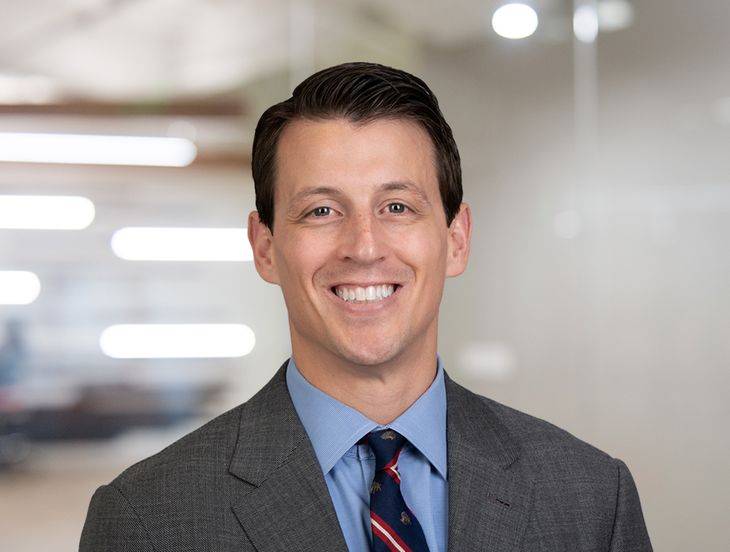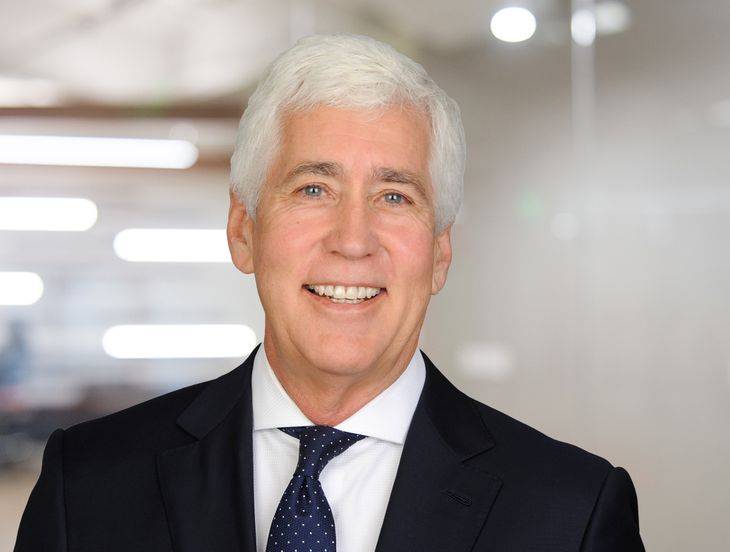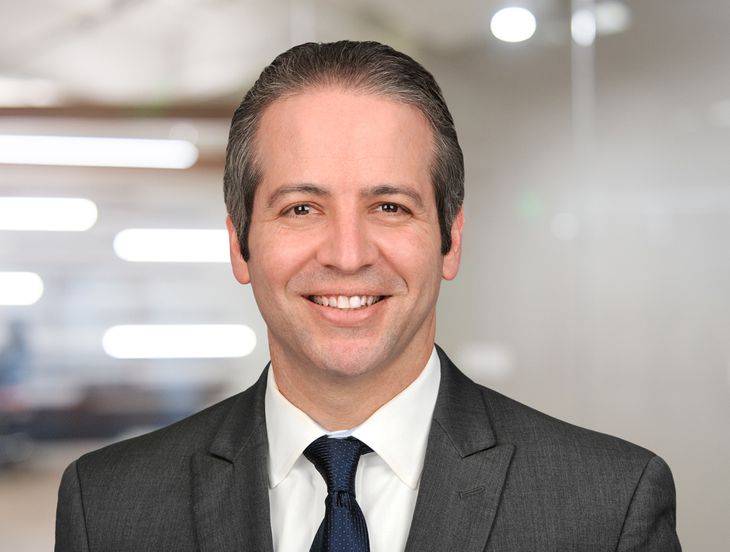Supreme Court Calls “Do Over” On FLSA Service Advisor Exemption Rule
Insights
6.20.16
In a 6 to 2 decision, the U.S. Supreme Court today continued the flip-flop-flip on determining whether an automobile dealership’s service advisors are exempt from the FLSA’s overtime requirements. The Court vacated and remanded the case back to the 9th Circuit Court of Appeals for further proceedings, essentially calling a “do over.” For dealerships in the 9th Circuit – those in California, Washington, Nevada, Arizona, Oregon, Alaska, Hawaii, Idaho, and Montana – this case provides a hopeful reprieve (Encino Motorcars, LLC v. Navarro et al).
Background: Flip, Flop, Flip, Flop…
The Court’s decision provides a history lesson of the Fair Labor Standards Act’s (FLSA), 29 U.S.C. §201, overtime requirement in §201(a) and the salesman exemption in §213(b)(10)(A) as it applies to an automobile dealership’s service advisors.
Starting in 1961, Congress exempted all automobile dealership employees from the FLSA’s minimum wage and overtime requirements. This broad exemption, however, was repealed in 1966 and replaced with a much more limited exemption applying only to “any salesman, partsman, or mechanic primarily engaged in selling or servicing automobiles, trailers, trucks, farm implements, or aircraft” at a covered dealership. In tandem, Congress authorized the U.S. Department of Labor (USDOL) to promulgate any necessary rules, which it did in 1970.
The USDOL’s 1970 regulation defined "salesman" by essentially limiting the term to a person who sold vehicles or farm implements and consequently explicitly excluded services advisors from the exemption. This interpretive regulation was flatly rejected by 5th Circuit in a 1973 decision.
Congress, however, amended the statute again, this time to exempt “any salesman, partsman, or mechanic primarily engaged in selling or servicing automobiles, trucks, or farm implements” at covered dealerships. §213(b)(10)(A). This now brought certain employees within the scope of the exemption who were engaged in servicing automobiles, trucks, or farm implements.
On the heels of this amendment, the USDOL flipped its position in a 1978 opinion letter, which aligned the Department’s interpretation with that of the courts and explained that service advisors could be exempt under §213(b)(10)(A). This flipped position was confirmed in 1987 when the USDOL amended its Field Operations Handbook.
And for the next 21 years, it all seemed settled: service advisors were treated as exempt under §213(b)(10)(A), and auto dealers across the country established business practices and compensation models relying on this practice being acceptable under the law. In 2008, the USDOL issued a notice of proposed rulemaking which was intended to revise the regulation so that it was consistent with existing practice and the accepted interpretation. But that’s not what happened.
Instead, the Department flopped. In 2011, the USDOL abandoned the proposed rule and the accepted interpretation and practice by completely reversing course and turning back time. The new rule was not new at all. Rather, it was simply a recycling and revival of the original 1970 regulation, which limited “salesman” to employees who sell automobiles, trucks, or farm implements – an interpretation rejected by the courts and abandoned in practice.
The interpretation of the rule was challenged in a case emanating from a Southern California auto dealership. In a 2015 decision, the 9th Circuit Court of Appeals described the USDOL’s radical position change as “rationally explained” and supported by regulatory history showing that it had given the issue “considerable thought.” It ruled that service advisors were not exempt from overtime, following the USDOL’s guidance. The Supreme Court completely disagreed.
Supreme Court: Not So Fast
The Court found that in issuing its 2011 final rule, the USDOL “did not analyze or explain why the statute should be interpreted to exempt dealership employees who sell vehicles but not dealership employees who sell services (that is, service advisors).” Because it flipped its position and “gave almost no reasons at all,” the Supreme Court found the USDOL’s regulation “procedurally defective” and not entitled to receive deference in the interpretation of the statute.
In reviewing the same 2011 change, the Supreme Court said, “The Department gave little explanation for its decision to abandon its decade-old practice of treating service advisors as exempt under §213(b)(10)(A).” Ultimately, the 2011 final rule was “less than precise” and included an inadvertent drafting mistake. What the 9th Circuit described as rationally explained, the Supreme Court found to be "issued without the reasoned explanation" -- a necessary requirement when flip-flopping such a position. Rather than rationally explained, “the Department offered barely any explanation.”
What This Means For Dealerships
And so, the Department’s rule is out as controlling authority. The 9th Circuit will go it alone to determine whether service advisors are exempt from the overtime provisions under §213(b)(10)(A), and at some point in the future will issue a new ruling following the guidance provided by the Supreme Court. This means that dealerships outside of the 9th Circuit’s reach have no controlling authority preventing them from continuing to conduct “business as usual.” For those dealerships within the 9th Circuit, the good news is that the 9th Circuit’s prior ruling is gone and has no binding effect. The bad news is that, until the 9th Circuit issues a new opinion, uncertainty remains as to whether the exemption applies.
In its earlier decision, the 9th Circuit admitted that it was departing from “the 4th and 5th Circuits, several district courts, and the Supreme Court of Montana” by ruling that service advisors were not exempt from overtime requirements. Now ordered to be free from the constraints of the USDOL’s interpretation, the 9th Circuit will revisit the question fresh. The appeals court could very well join its sister circuits and hold that “the only reasonable reading of the statute” is that service advisors are exempted under §213(b)(10)(A) because they are generally in the business of “servicing automobiles.”
What Justice Clarence Thomas called a “punt” in a separate dissenting opinion could very well be the lob that automobile dealerships need to flow the statutory interpretation back into their favor.
For more information, visit our website at www.fisherphillips.com or contact your regular Fisher Phillips attorney or any member of our Automotive Dealership Practice Group.
This Legal Alert provides an overview of a specific Supreme Court decision. It is not intended to be, and should not be construed as, legal advice for any particular fact situation.
Related People
-
- Colin P. Calvert
- Partner
-
- Karl R. Lindegren
- Partner
-
- Todd B. Scherwin
- Regional Managing Partner


